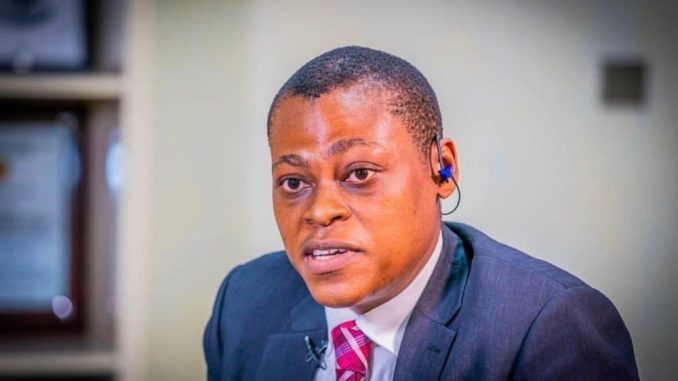
Former Enugu State governor, Nwodo Okwesilieze, stirred controversy on social media by asserting that the Igbos played a significant role in the creation of cities like Lagos, Abuja, Kano, Kaduna, and other parts of Nigeria. During a recent interview, Okwesilieze expressed concern about the marginalization of the Igbo people in Nigeria, suggesting that the country would have experienced faster and more robust development if the Igbo community had been utilized more effectively.
He said, “If they allowed the Igbos to thrive and to influence others positively, rather than hounding them wherever they are, I think the country would have developed faster and better. Igbos created Lagos, Igbos created Abuja, Igbos created Kaduna, Kaduna, most of the country, Port Harcourt. When you have such people, it is for the country to use them to the country’s advantage, and not only to suppress them.” Discussing the claim by Dr Okwesilieze, Arise TV anchor Oseni Rufai described Okwesilieze’s statement as a “fallacy of hasty generalization.”
Discussing Dr. Okwesilieze’s claim, Arise TV anchor Oseni Rufai characterized it as a “fallacy of hasty generalization.” Rufai acknowledged the Igbos’ substantial economic impact on Lagos’s development but refuted Okwesilieze’s assertion that the Igbos singularly created Lagos. Rufai emphasized that Lagos’s evolution into its current state is attributable to the collective contributions of various ethnicities, not solely the Igbos.
He said, “I understand the talk about marginalization and all of that, but also he made a mistake, it’s called the fallacy of hasty generalization. The Igbos, yes, made tremendous impact on the economic landscape of Lagos. Post-colonial days, the likes of the Ojukwu’s father and everything, but there were other groups also that made impacts, so they didn’t entirely create it. It was a potpourri of many groups.” Rufai pointed out that the Germans significantly contributed to Lagos’s economic development during their trade in palm oil, which they utilized for lubricants. He noted that the British and other ethnic groups also made substantial contributions to the city’s progress.
You can watch the clip of the interview here (watch from 0:30 to the 5:46 minute).

Leave a Reply